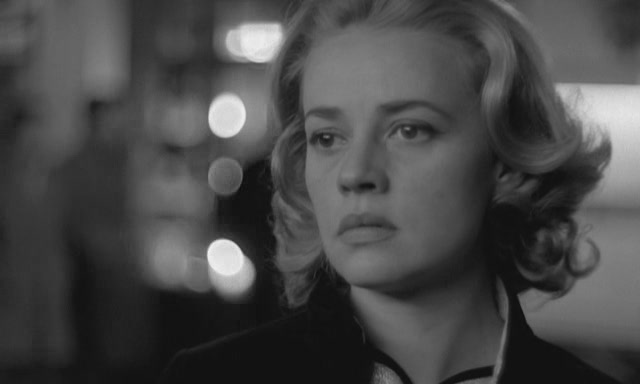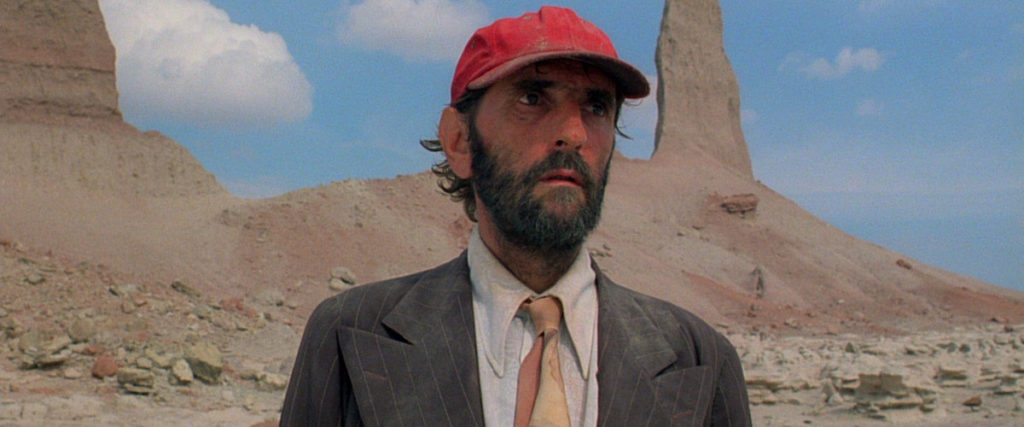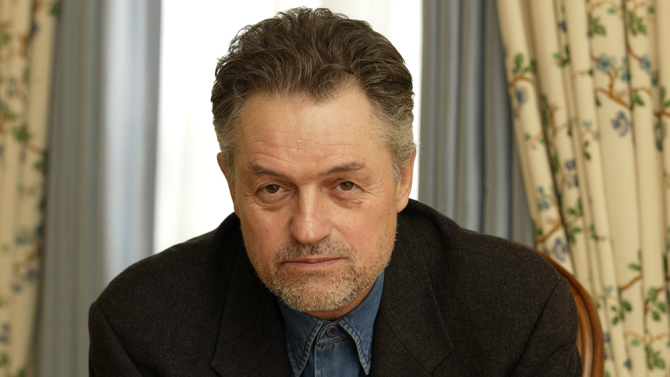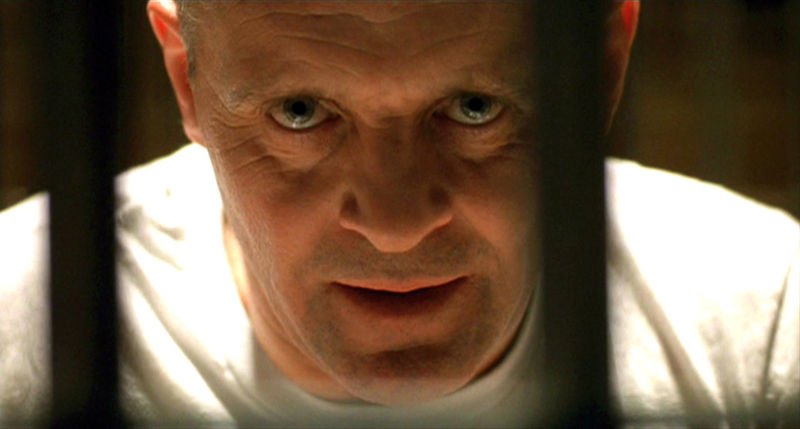
As important as are filmmakers, so are the great film popularizers. All movie fans owe a debt of gratitude to Robert Osborne, the longtime host of Turner Classic Movies. Osborne got his start in Hollywood as an actor, developed many personal friendships with icons of classic cinema and became one of the first popular movie historians. Here’s his NYT obit. Virtually all of his obits describe him as “a gentleman”, a throw-back to a less course culture. He didn’t shy way from referring to Hollywood scandals (Gloria Grahame, Mary Astor and the like) but did not take glee in them.

At the beginning of her career, Jeanne Moreau capped the best of French film noir as the gangster’s unreliable squeeze in Touchez pas au grisbi and sparked neo-noir with Elevator to the Gallows. Then we Americans saw her as the face of the European art film with Malle’s Elevator and The Lovers, Antonioni’s La Notte, Truffaut’s Jules and Jim and Bunuel’s Diary of a Chambermaid – all between 1958 and 1964. Her wide-ranging body of work included Orson Welles’ best Shakespeare movie Chimes at Midnight. And, for a Guilty Pleasure, there’s the silly 1965 Mexican Revolution action comedy Viva Maria!

With exactly 200 screen credits on IMDb, Harry Dean Stanton was a prolific character actor who improbably became a leading man at age 58 with his masterpiece Paris, Texas. Harry Dean often seemed like that uncle/neighbor/mentor who had Lived A Life but would let you inside and let you learn from his journey. He was ever accessible and always piqued the audience’s curiosity about his characters. Roger Ebert and Gene Siskel once posited that a movie could not be entirely bad if Harry Dean Stanton were in it.



